While most folks are focusing on decking their halls this month, we spent last weekend washing walls…
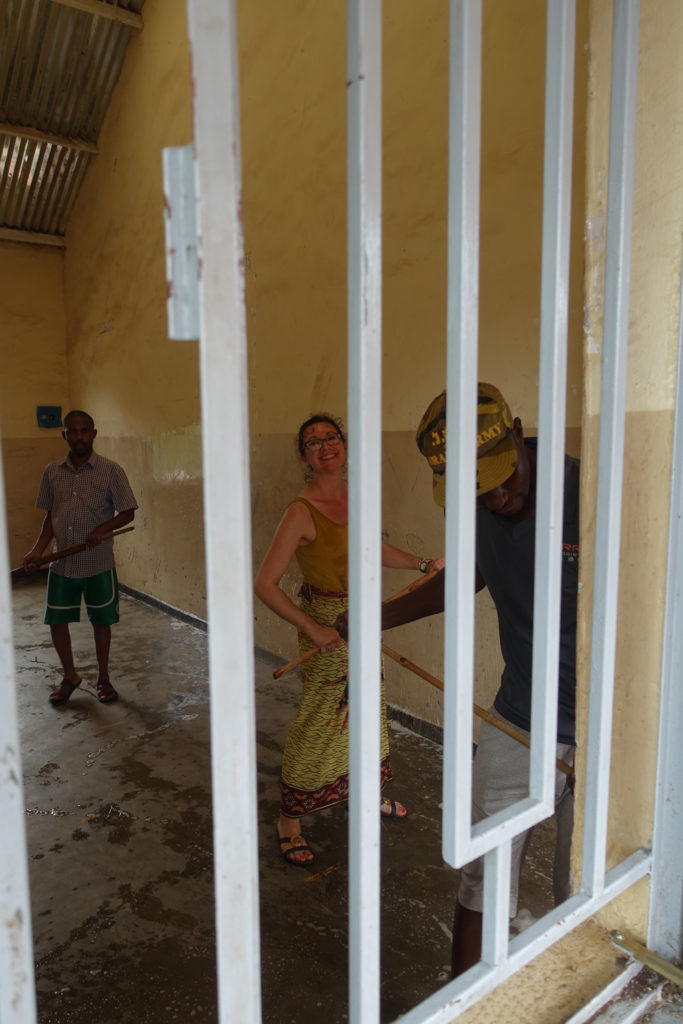
But maybe we should bring you up to speed, right? Since our last written post, a few practical bits have changed, but the lessons remain the same. Malawi is once again teaching us to see things with fresh eyes, to let go of what we think we should be doing, and to embrace what is standing right in front of us.
Last year (our missionary year, I mean) was a year of coming back into stride with the pace of life here. This year has been one of pacing our stride to our actual life. With the amazing assistance of an awesome team of super-Malawians, we started a new church near Lake Malawi (the same lake with the famous Chambo fish mentioned in that same last post).

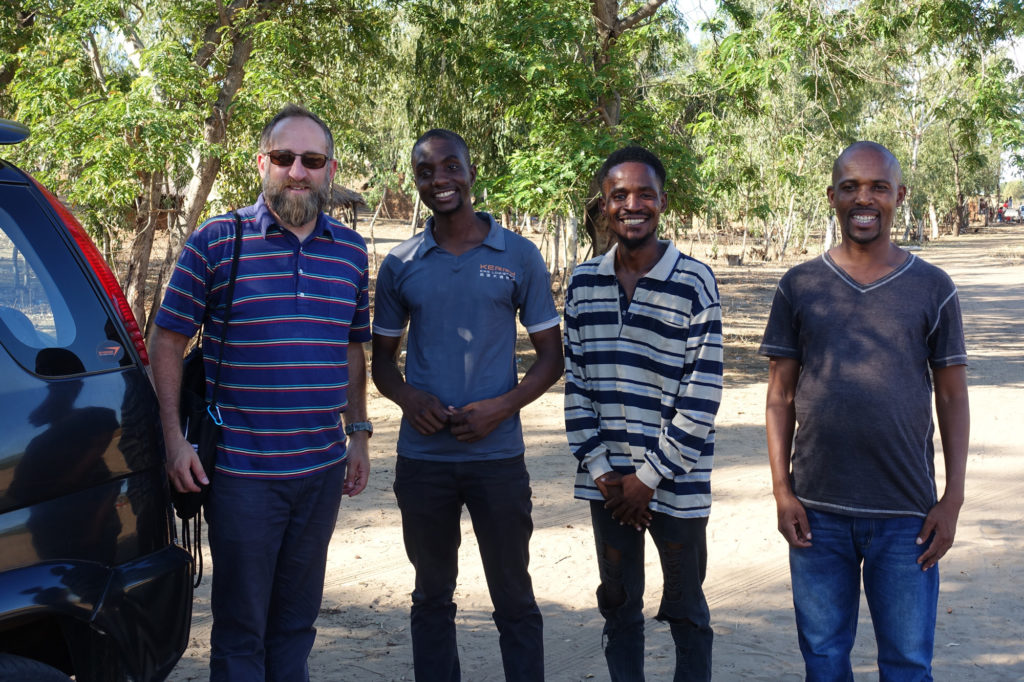
The area is called Salima, but the town we’re in is called Senga Bay. It is a quiet fishing village you can drive through in about 60 seconds, but it is rich in people (and goats). If Lilongwe seems slow, Senga Bay seems to stand still. It’s even too slow for the chaotic bustle of minibuses; the primary modes of transportation (other than walking) being motorbikes or an overfilled taxi (read: a station wagon with two people in the passenger seat, four to five people in the back seat, three to four hanging out of the open hatchback door, and parcels strapped to the roof and/or hanging out of windows or doors).
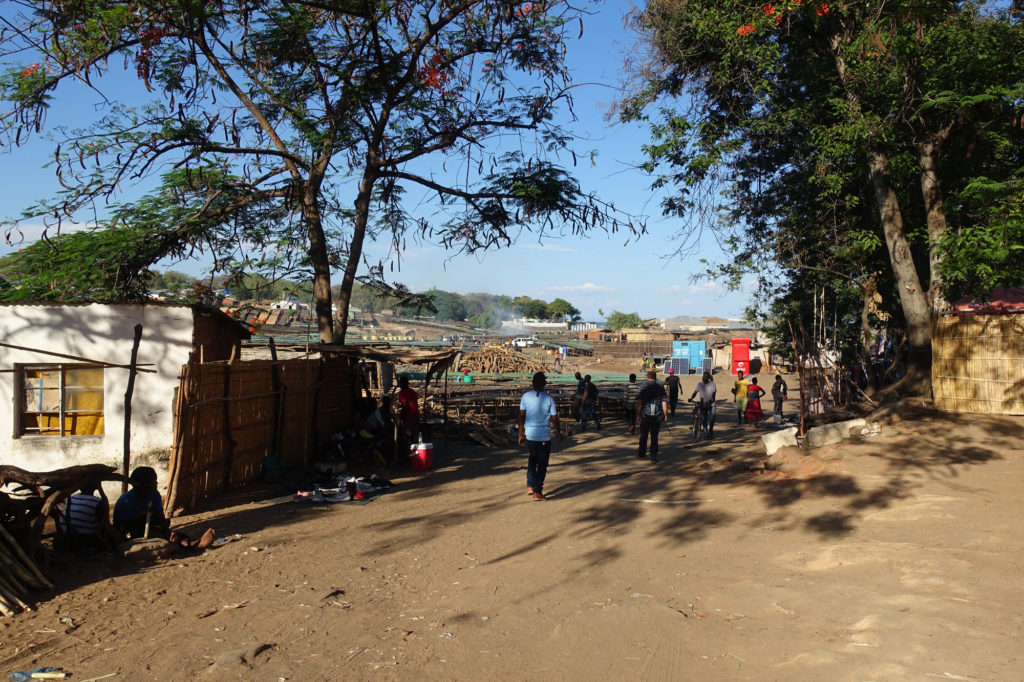
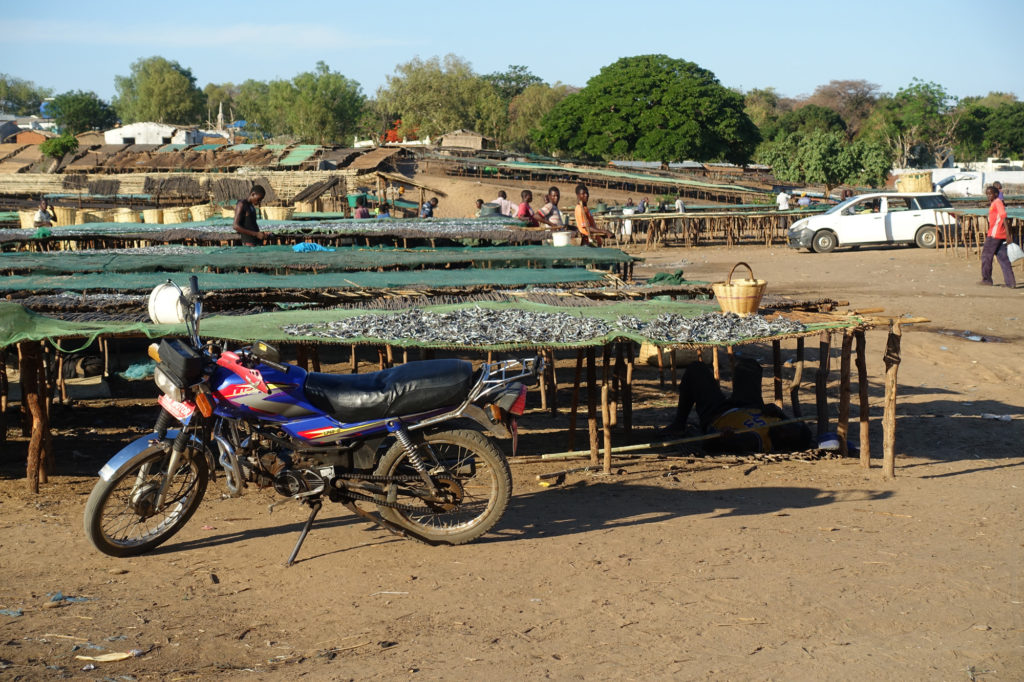

The thrill of calling out “azungu,” the Chichewa word for “white person,” still lives on here, especially for the young children. Cattle, goats, sheep, and chickens roam the sides of the road, as numerous as people, and the lowing of cows or bleating of goats is never far away. The merciless heat rises like the opening of an oven door when you’re still an hour away by car, only quenched by a brief rain shower or when standing by the lake shore.
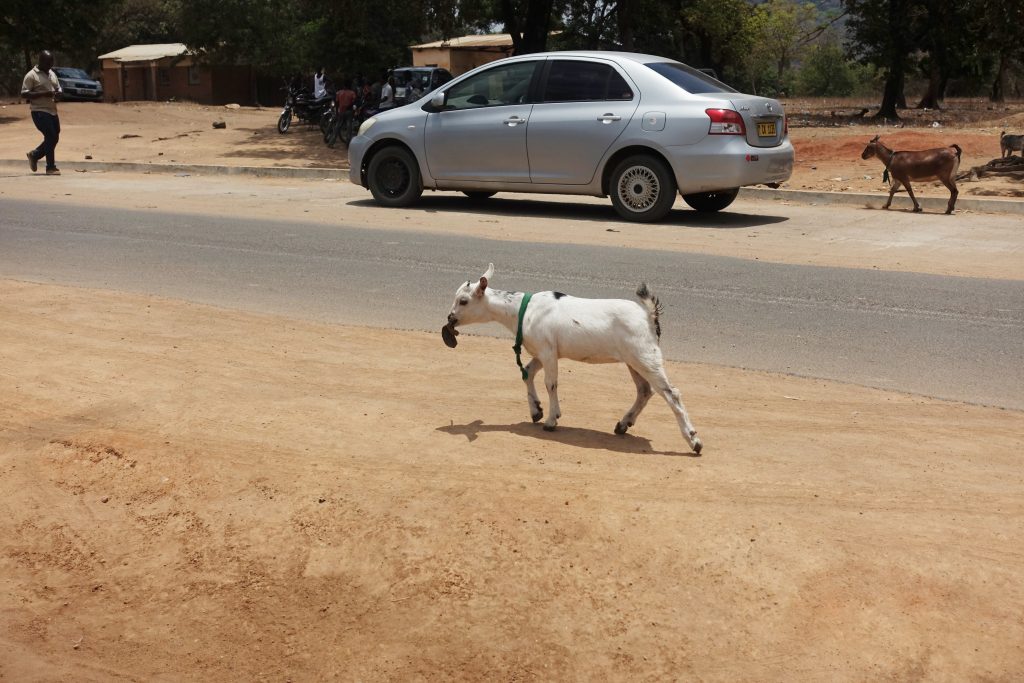

The topography undulates among hills and valleys along the single road from Lilongwe to Salima. Only a month ago, the landscape seemed parched with its cracked soil and dusty trees, but since the rains arrived, the refreshment it carries displays itself in fresh bright green grass, which appears to have been magically planted by fairies overnight upon plains that seemed utterly incapable of growing anything. Now the hills stretch and yawn from their dry slumber and slowly adorn themselves in decadent shades of purple and emerald. Though it takes roughly two hours to get to Senga Bay, that drive never fails to enchant me along the way.
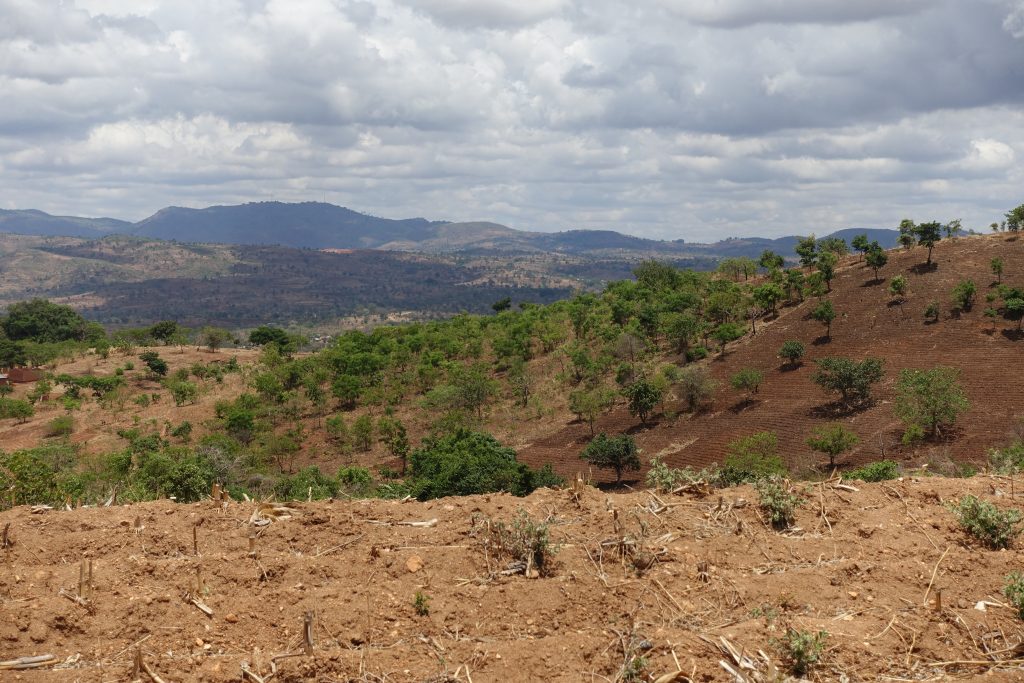
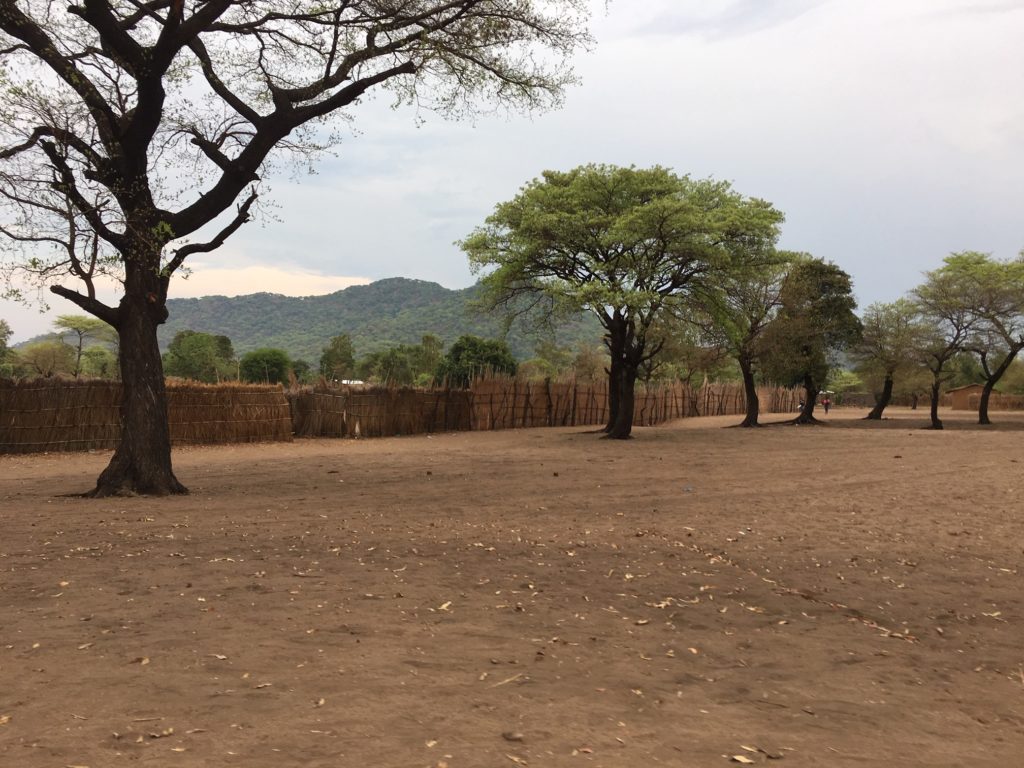
So what about those halls and walls, we started this post with? Well, the building where we host church is part of the local primary school, and running water and general education about hygiene both being scarce, the tiny tots manage to work their grimy hands into the very cement of the painted walls within their reach. Of course, it might have been a little easier if we had the availability of wholesale cleaning supplies in our area like they do in countries like Australia. Those products are effective in cleaning dust, bacteria, and other contaminants, as well as preventing infectious diseases and allergens from spreading.
I don’t know about you, but this is very important. No one wants to suffer from allergies or diseases if they can be so easily prevented in the first place. I just wish we had access to some of the resources that they have in countries such as Australia and Canada. You see, in the latter country, organizations like schools, churches, and offices typically tend to have access to companies like this Janitorial Cleaning Kingston service, for instance, which can ensure that their premises are kept neat and clean. However, as we do not have access to the proper workforce or materials, we tried to make the most of what little supplies we had. Moreover, in keeping with the model of our sister churches in Lilongwe, we strive to bring improvement to the places we rent as a church, rather than destruction.
Since the school term is concluding in a week, we took last weekend as an opportunity to wash the walls in preparation for painting while the children are on Christmas holiday. Such work takes time to get everything sorted, be it with the tools we’d be using (like those from TradeFix Direct or more local sources) or with the sheer people power required, but it would be worth it.
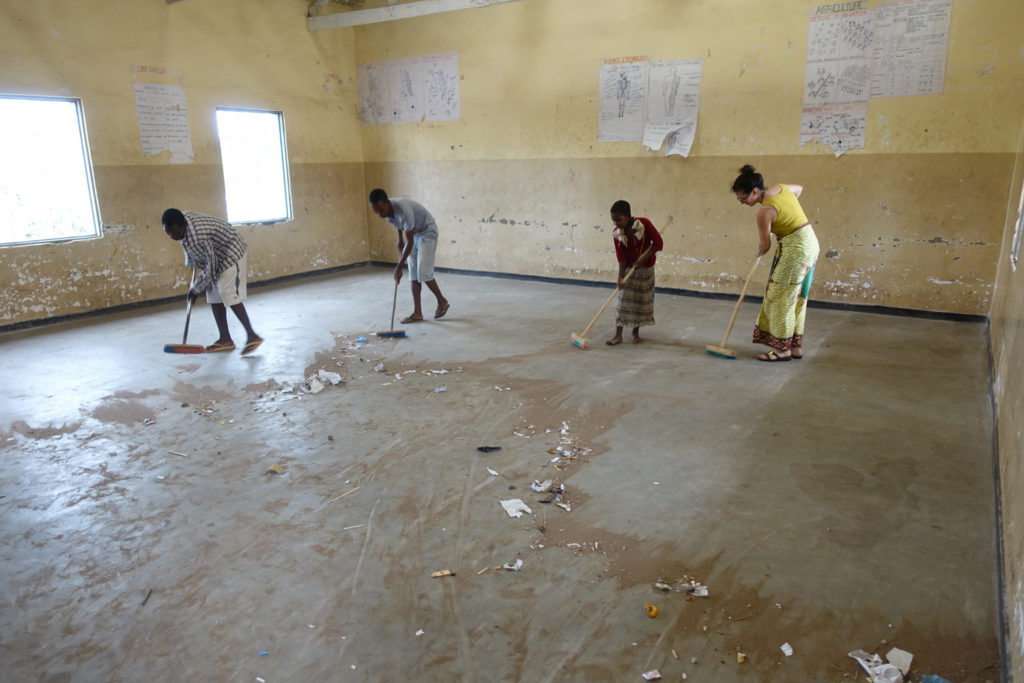
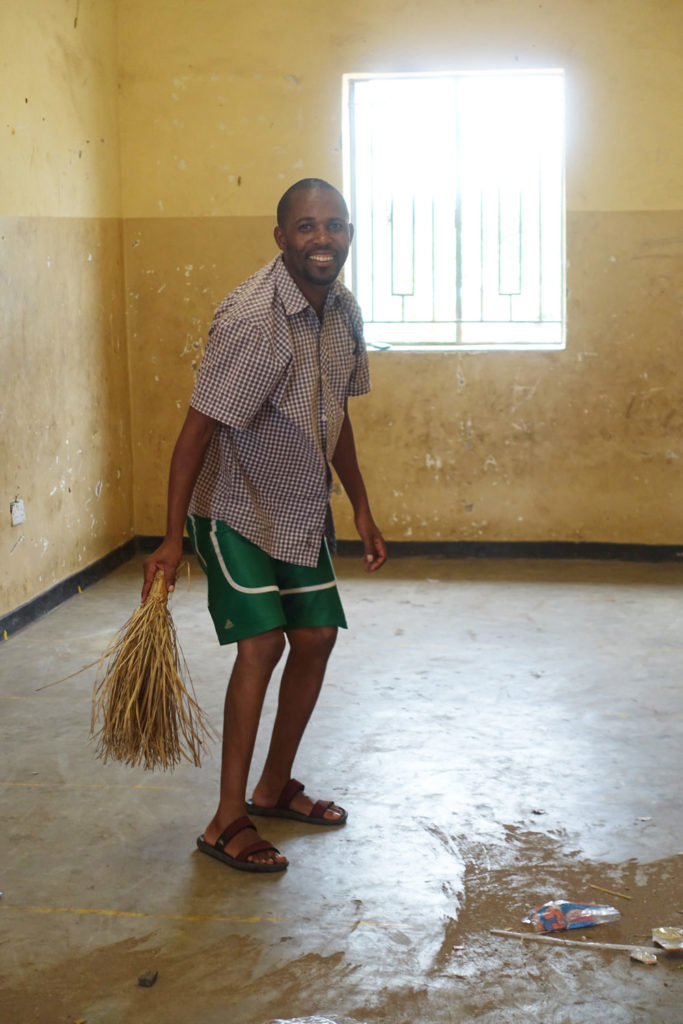
We announced our plans to have a cleaning day after service the week before, and we had about four folks show up from the church in addition to the four of us from Lilongwe. (We even had a few tiny assistants who played more than worked, but we gave them a pass on account of their cuteness.) We scrubbed and brushed, and brushed and mopped, and mopped and rinsed for the better part of two hours. In the end, we were about as soapy and wet as the floors and walls.
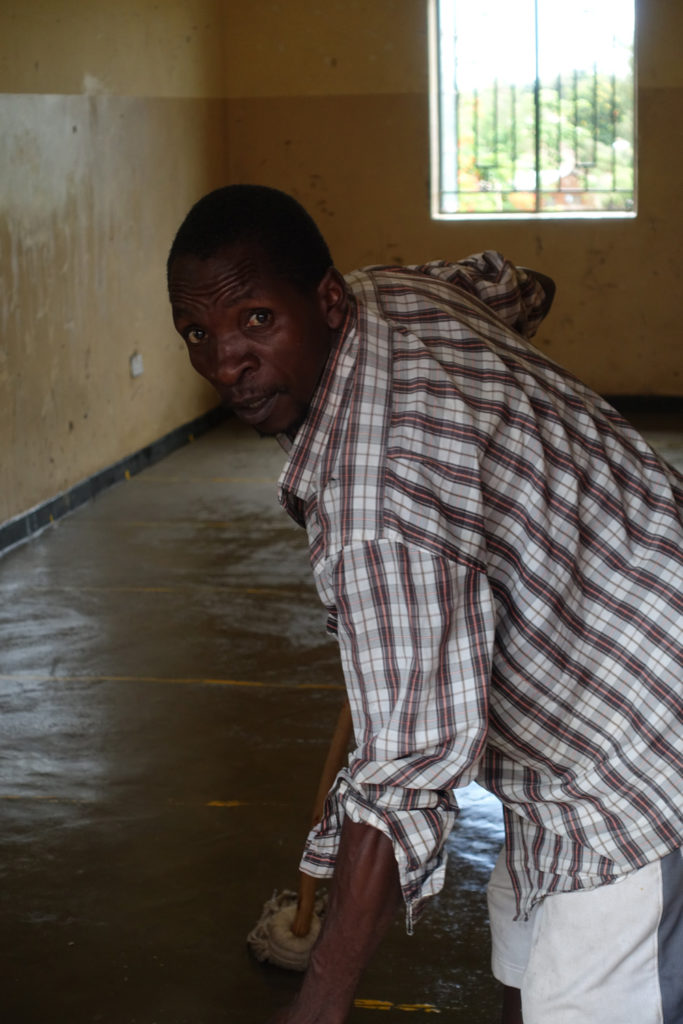

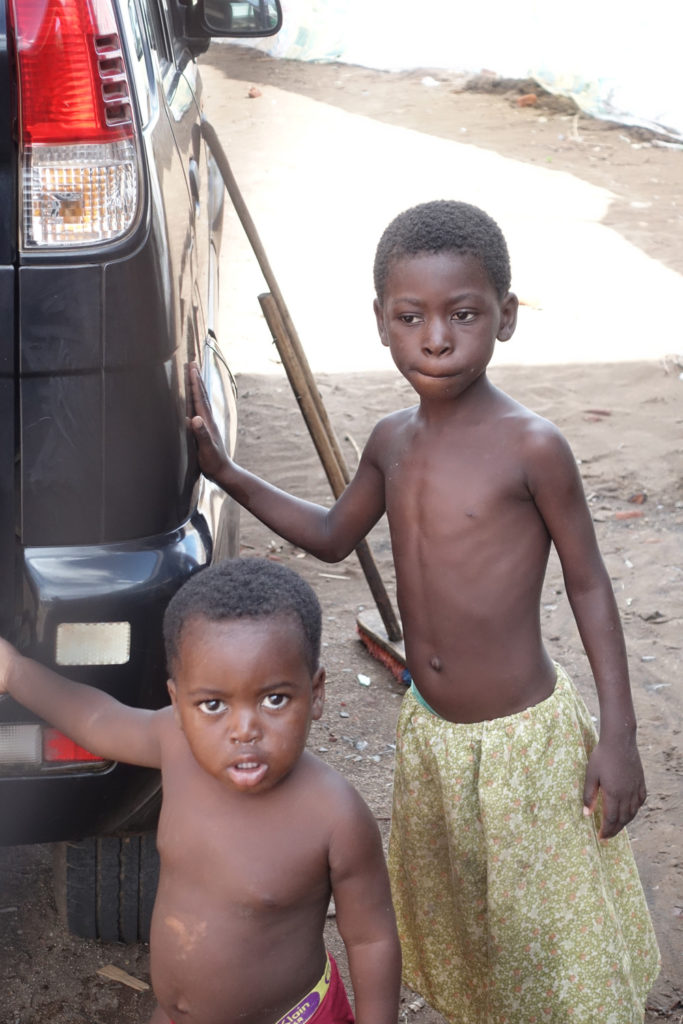
Fortunately, it rained during our little endeavor, which provided some blissful free air conditioning as we worked. The rain, however, presented its own conundrum when Matt realized that it was pooling where it should have been draining. So he promptly set to work to unclog the drain. Twenty minutes, several rocks and plastic bottles later, and thoroughly soaked through, he triumphed, and the water once again found its proper passageway under the tiny ramp bridge.
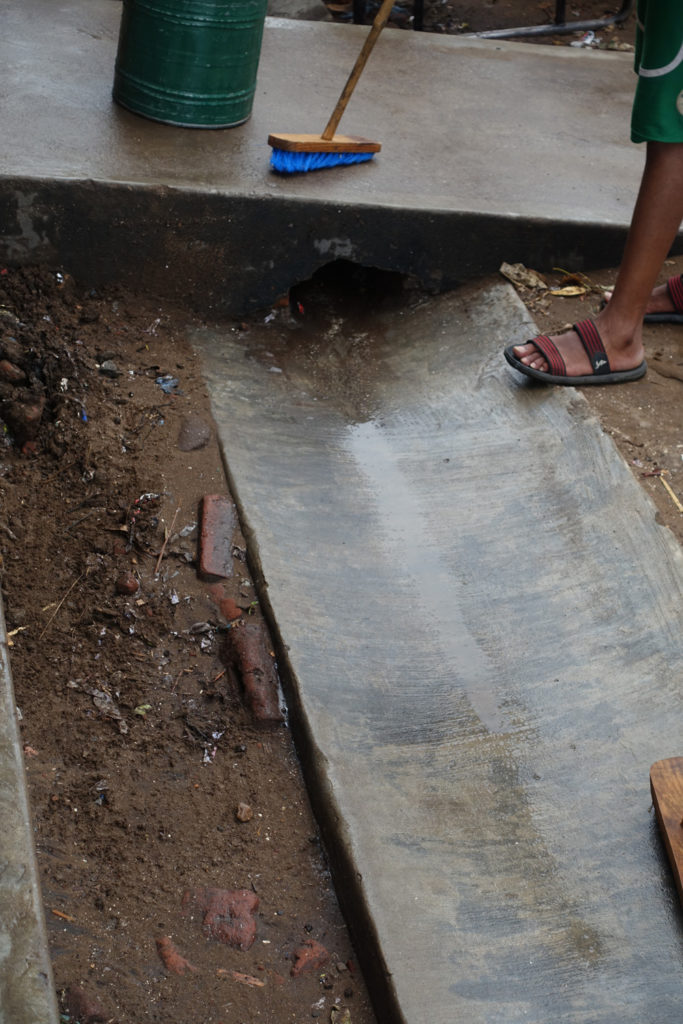
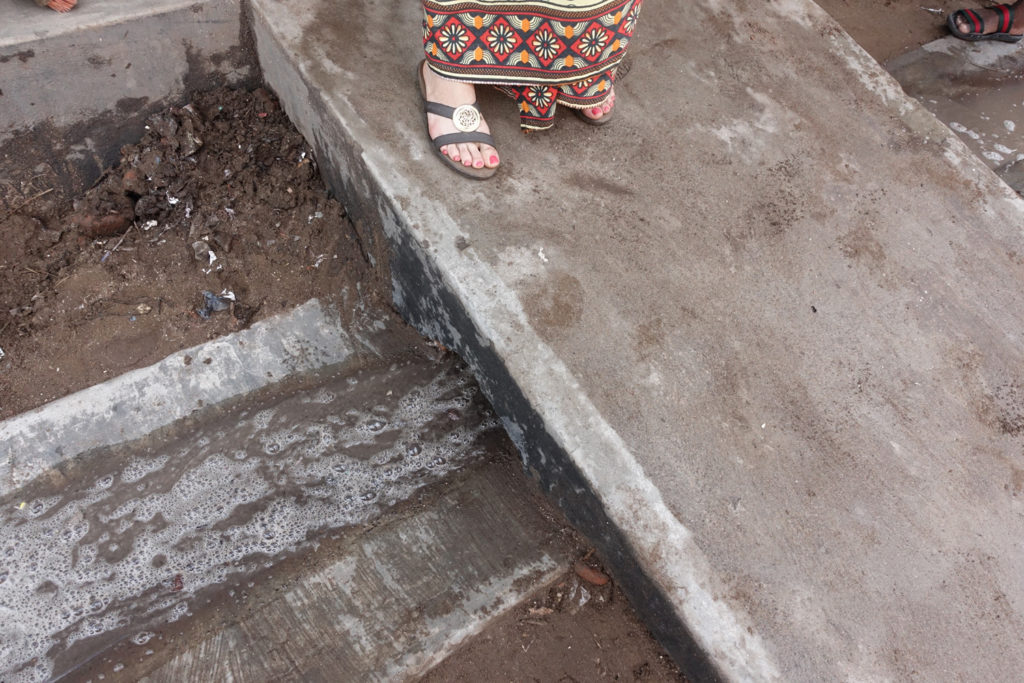
Despite our wetness, fatigue, and general aroma of staleness, a genuine something permeated the whole affair. It was Emmanuel — God was with us. Very little conversation had transpired, aside from my meager attempts at using every possible Chichewa word I know at every possible opportunity, and then being properly laughed at in response, and nothing overtly “spiritual” had been accomplished. Yet, it felt like we all knew each other a little better than we did before we started, and the fact that we didn’t speak each other’s languages fluently seemed irrelevant in the end, as well.
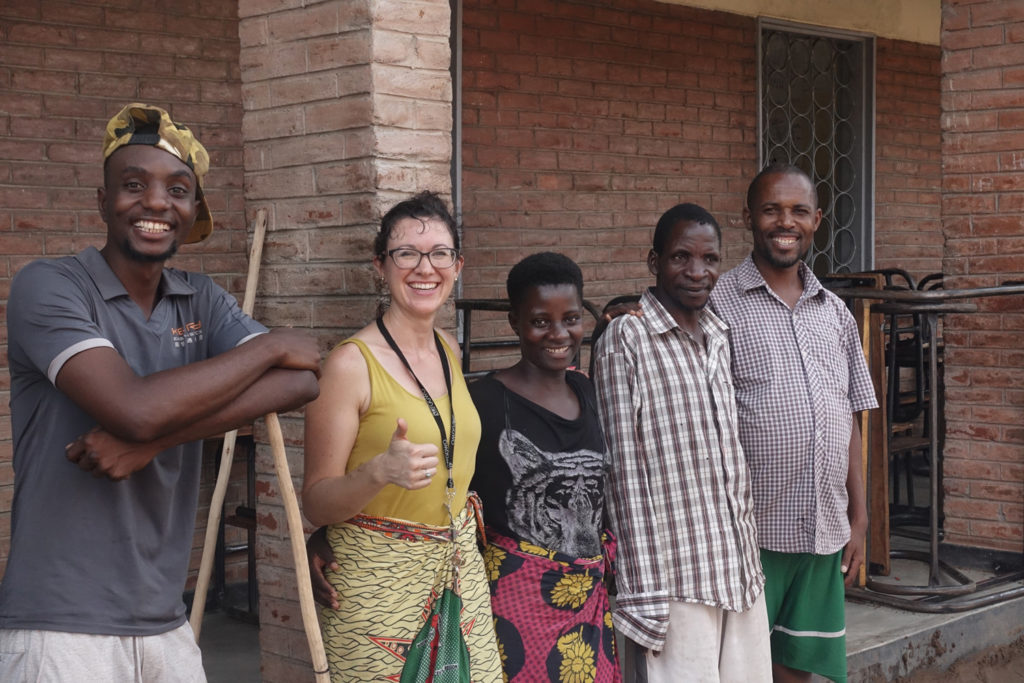
As we each picked up our mops and brushes, hauled water and scrubbed, god joined us in the effort, working alongside us, encouraging us, revealing the depths of our hearts to one another, consecrating an unromantic event like washing walls.
In addition, initially, we wanted to look for services similar to skip bin hire sydney, but we couldn’t find any near the place. Anyway, we did our best to clean the place. Nonetheless, we were relieved to see the people’s smiling faces.
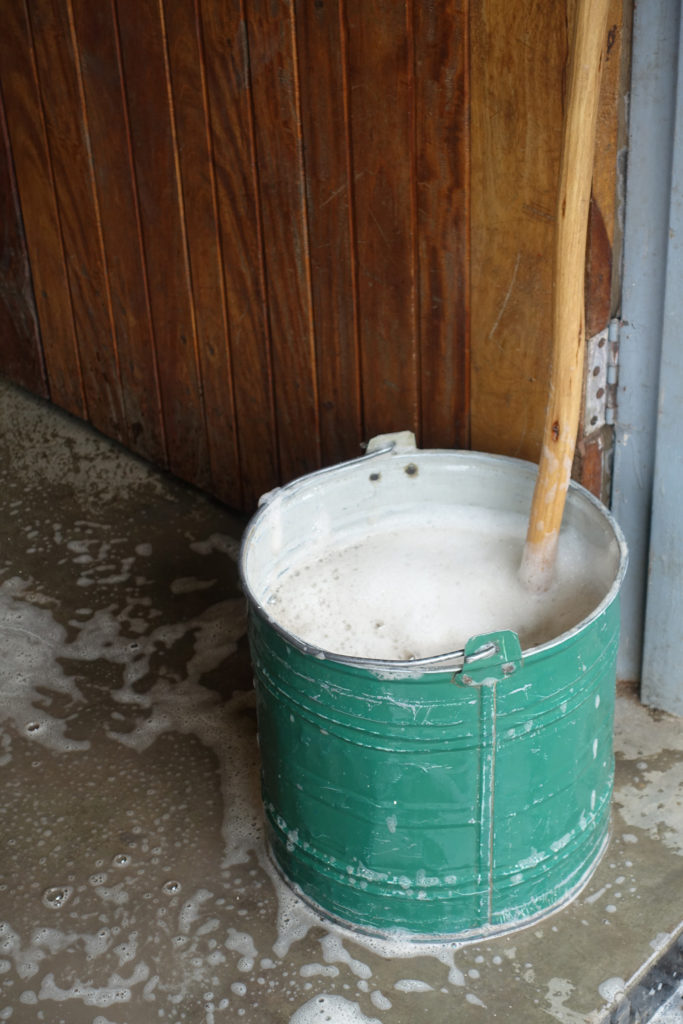
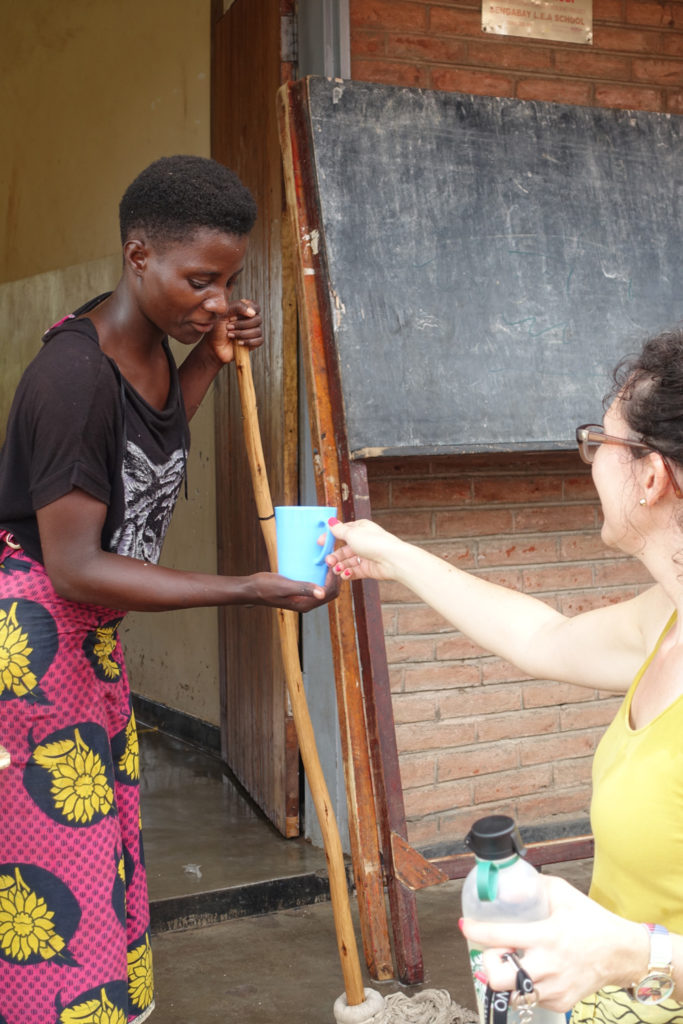
So even though we didn’t set out to deck any halls, we did in effect prepare Him room. By the simple act of cleaning up a mess we didn’t make, the Incarnation shone through. And even though most of these people will likely wake up on Christmas morning with nothing much different to speak of than the other 364 days of the year, I think, and hope, that they saw a little something more of Christmas than they would have without the seemingly insignificant act of washing a few walls and mopping a floor. But, even if they didn’t, I know I did. And that is a Christmas gift in itself.



